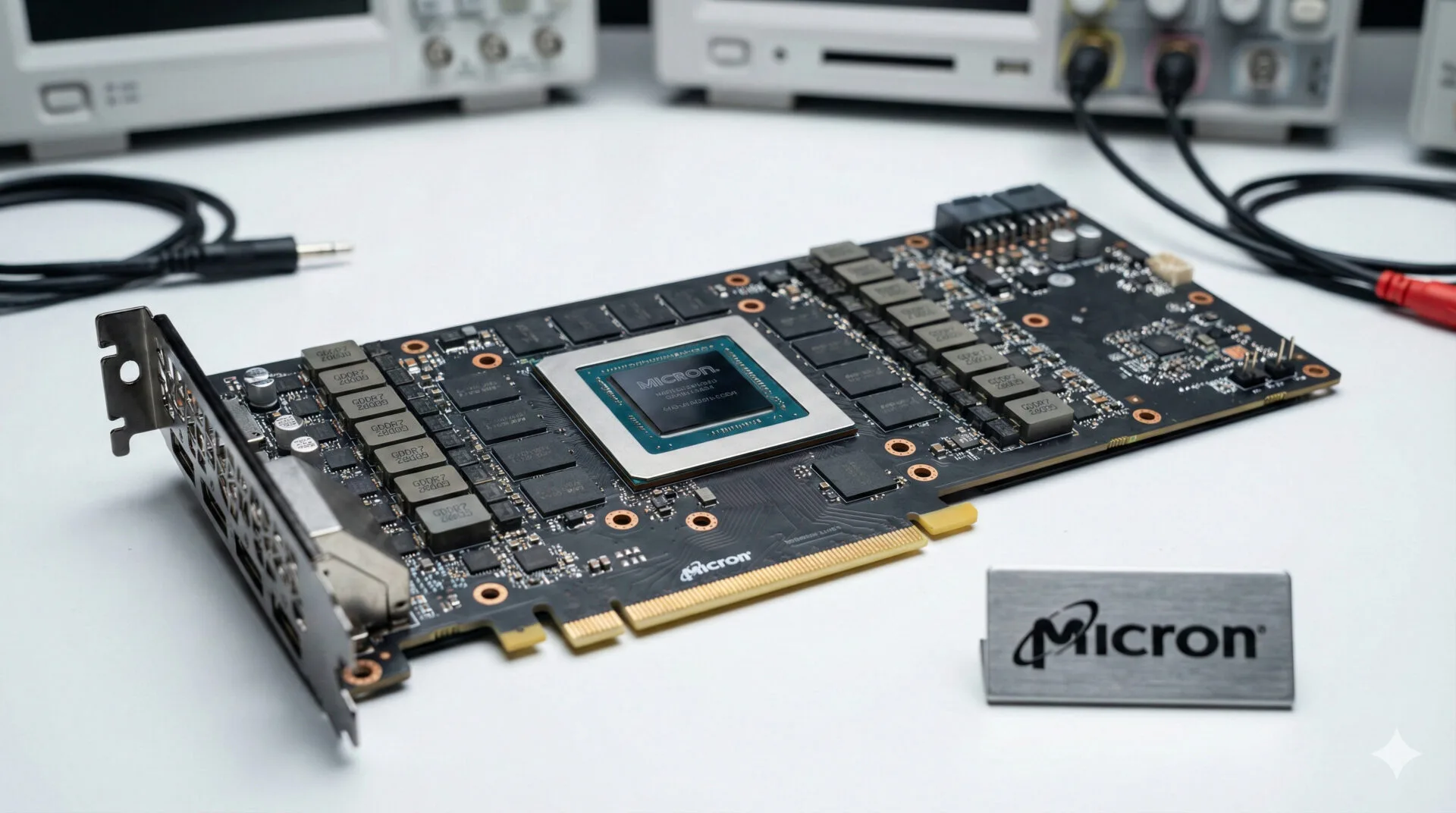What is Equity Token Offering?

The tokens can be thought of like the stock offered by a startup where investors or firms will be a partial owner of blockchain and exercise the right to vote across the blockchain. These tokens impart a sense of security to traders in comparison to ICOs (Initial Coin Offerings) and are closely connected to the growth and evolution of the blockchain network.
The point of divergence between an equity token and a conventional stock is the procedure for documentation of ownership. A conventional stock is registered into a database and might carry a paper certificate. An equity token documents firm ownership on a blockchain.
Equity tokens, as shares of firm ownership, can be categorized into several classes. As it is, the shares of equity in a company have no classification and are defined as “common stock”. This leads to an equal split of earnings and voting power. Therefore, if a firm puts out 100 equity tokens, each of those tokens entitles the holder to 1% of the earnings and one out of 100 votes.
But then, there is the concept of different classes of shares. There exist Class A, and Class B shares. These categorizations usually modify the voting rights with regards to shares of the company. A firm can develop how many ever stock categorizations it chooses, this includes a few which get no votes.
On occasion, a firm will also allot to stock classes what is referred to as a ‘preferential dividend’. These get a share of a firm’s profit in differing amounts from the rest of its investors.
Buyers of an equity token are required to have knowledge regarding these issues, specifically the prospect for preferential dividends. Preferential dividends are not that common, but they mean that anybody who possesses a preferential dividend will not just obtain a greater percentage of firm profits, but also that they will obtain those dividends first.
If a firm which issues that type of equity does not post a large dividend in any quarter, common equity holders might wind up getting nothing.
There have not been many authentic equity token offerings(ETOs). This is due to the fact that a majority of startup companies give preference to security tokens as a fundraising method without sacrificing a stake in ownership. This is because the regulations regarding equity tokens are pretty vague at this point.
The SEC has not come to a consensus on the classification of equity tokens. Therefore, corporate rights and responsibilities have not been decided definitively. However, it has clearly confirmed that equity tokens are traded security under its purview.
It is very likely that the agency will need a comprehensive IPO procedure for a public equity token sale. If this is the case, it will have a noteworthy effect on the duties and rights of investors.
Equity Tokens — Use Cases
Equity tokens are witnessing wide usage within real estate crowdfunding platforms. These enable investors to allocate funding more freely across the market. Real estate equity tokens are indicative of a share of ownership in a specific property. These strategies enable investors to be a member of various investments with lesser capital. In addition, these reduce the barrier for real estate investing, and enable market activity.
Difference between Security Tokens vs Equity Tokens
Awareness of the differentiation between security tokens and equity tokens is an intelligent way to improve your cryptocurrency investment strategies. Knowledge regarding conventional utility tokens is fairly widespread at this point. Security and equity tokens, on the other hand, are new entrants to space. These tokens are very different in comparison to utility tokens.
- All equity tokens are by definition, security tokens — on the other hand, some security tokens can be equity tokens, not all of them are.
- Equity tokens are representative of asset ownership — security tokens, on the other hand, indicate a share in the firm that has issued them.
- Equity tokens indicate control and ownership — security tokens are backed up by tradable assets
- With regards to equity tokens, the ICOs are subjected to strict regulations in certain countries — the ICOs regarding security tokens are tightly regulated in certain countries.
In layman’s terms, security tokens are common stock available on the blockchain. These tokens are liquidated to develop equity tokens. These tokens make up an investment contract, where investors usually buy in expectation of future profits as dividends, an equal share of revenue obtained, and the usual appreciation process.
Security tokens play a bridging function between the conventional financial sector and the blockchain framework, it’s a primary reason that banks have started the integration of blockchain frameworks into their system. The issue of security tokens enables investors to raise funds via a comprehensively regulated digital share of its equity, asset, or portion of the revenue.
The primary difference between an equity token and security token is that in security tokens, an asset such as real estate, gold, etc., are utilized as collateral. However, with regards to equity tokens, shares of the firm are diluted into tokens.






Leave a Reply